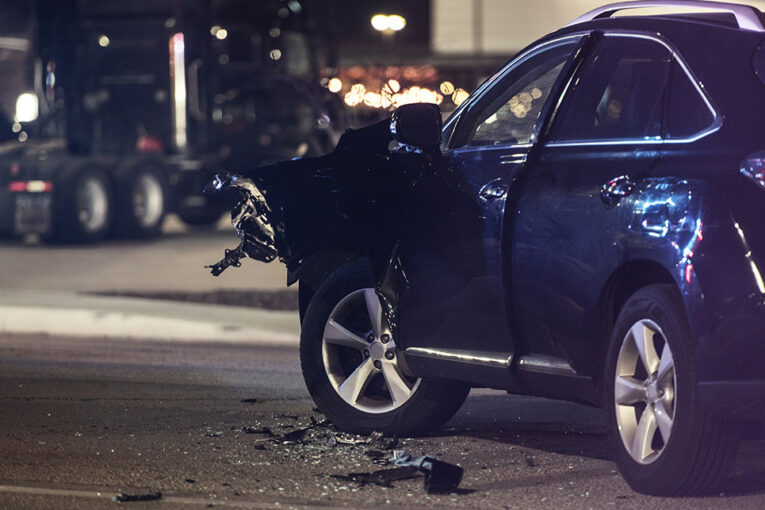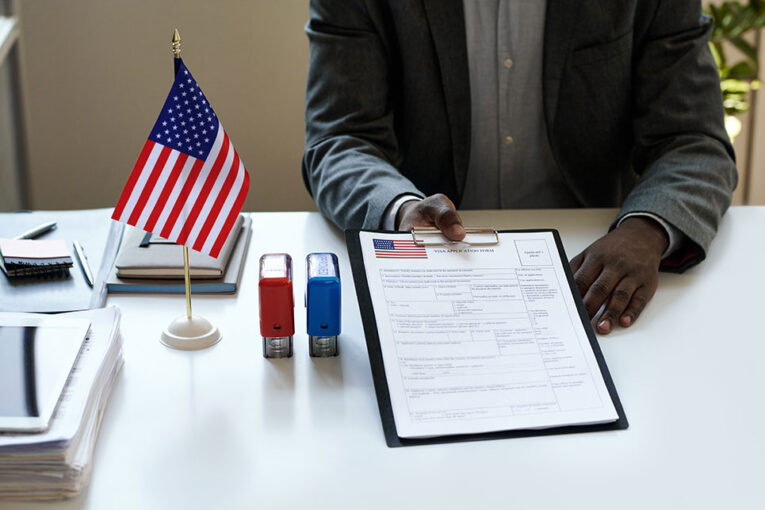Can I Get Compensation for a Car Accident in Colorado If I Am Partially at Fault for the Accident?
At Anzen Legal Group, we understand how overwhelming it can be to recover after a car accident, especially when fault is unclear or shared. Many clients come to us with the same question: “Can I still recover compensation if I’m partially at fault?” Fortunately, Colorado law allows you to seek compensation in these situations under specific conditions. Let’s explore what this means, how it works, and how we can help you navigate the complexities of Colorado’s legal system.
If you’ve been involved in a car accident and are unsure of your rights or how to proceed, call our office today at 970-893-8857 to schedule a consultation. At Anzen Legal Group, we represent injury victims on a contingency fee basis, which means you won’t owe us any fees unless we successfully recover compensation on your behalf. Let us handle the legal complexities while you focus on your recovery.
Understanding Comparative Negligence in Colorado
Colorado applies a legal concept known as modified comparative negligence to car accident cases. According to Colorado Revised Statutes §13-21-111, you can recover damages even if you bear some responsibility for the accident, as long as your percentage of fault is less than the negligence of the person against whom recovery is sought. In practical application, if you are less than 50% at fault for a car accident, you may still be entitled to collect compensation. However, the amount of compensation you receive will be reduced by your share of fault.
For example, if the total damages in a case amount to $100,000 and a court determines that an individual was 30% at fault for the accident, their compensation would be reduced by 30%, resulting in a recovery of $70,000. However, if an individual is found to be 50% or more at fault, they are not eligible to receive any compensation under Colorado law. This framework promotes a balanced assessment of fault while enabling those partially responsible to seek justice.
How Is Fault Determined in a Colorado Car Accident?
Establishing fault is one of the most crucial aspects of any car accident case. Insurance companies, law enforcement, and sometimes courts are involved in determining how fault is distributed. This process often relies on a detailed analysis of evidence, which may include:
- Police Reports: Official documentation from the responding officer often includes details such as the location of the accident, weather conditions, and witness statements. These reports can offer valuable insights into how the accident occurred and provide a preliminary assessment of fault.
- Eyewitness Accounts: Statements from people who observed the accident firsthand can be crucial in corroborating or disputing claims made by the parties involved. Eyewitness testimony can provide perspectives on vehicle behavior, road conditions, and other critical factors leading up to the collision.
- Accident Scene Evidence: Physical evidence collected from the crash site—such as skid marks, debris, traffic signals, and damage to vehicles—helps reconstruct what happened. Photographs and videos taken immediately after the accident preserve key details before they are altered by time or weather.
- Black Box Data: Many modern vehicles are equipped with event data recorders (commonly known as black boxes), which capture crucial information like vehicle speed, braking patterns, steering angles, and airbag deployment at the time of the crash. This data can provide an objective account of what occurred moments before and during the accident.
- Dashcam Footage: Video recordings from dashcams installed in vehicles involved in the accident can show the sequence of events as they unfolded, offering a clear view of actions taken by all parties.
- Traffic Camera Footage: Recordings from nearby traffic or surveillance cameras can provide additional perspectives on the accident, especially at intersections or busy roads.
- Expert Analyses: Accident reconstruction specialists and forensic experts analyze all available evidence to create detailed reports on the contributing factors, such as vehicle positions, speeds, and the impact of road conditions or visibility. Their findings can be instrumental in establishing fault.
- Vehicle Maintenance Records: Documentation of vehicle maintenance, or the lack thereof, can show whether mechanical failures contributed to the accident. This is especially relevant in cases involving commercial vehicles or trucks.
- Medical Records: Post-accident medical evaluations and reports not only document injuries sustained but can also provide insights into the force and direction of the impact, correlating with how the collision occurred.
- Witness Statements from Passengers: Passengers in any of the vehicles involved may offer additional observations and details that support or clarify other accounts of the accident.
- Road Condition Evidence: Documentation of hazards such as potholes, construction zones, or poorly marked roadways can establish contributing factors beyond driver behavior.
- Weather Data: Historical weather records or live reports at the time of the accident can explain how rain, fog, or ice impacted visibility or road conditions.
- Cell Phone Records: In cases where distracted driving is suspected, phone records can show if a driver was texting or calling at the time of the collision.
At Anzen Legal Group, we work tirelessly to gather, analyze, and present evidence to ensure you are not unfairly assigned a larger share of fault than is accurate.
Common Scenarios Where Partial Fault May Apply
Many car accidents involve shared fault, and understanding these scenarios is critical to navigating your claim. Some common examples include:
- Failure to Yield: Imagine you failed to yield the right-of-way at an intersection, but the other driver was speeding. Both parties contributed to the accident.
- Distracted Driving: Perhaps you glanced at your phone for a moment, but the other driver ran a red light.
- Rear-End Collisions: While you may have stopped suddenly, the driver behind you could be partially responsible for following too closely.
These situations demonstrate that fault is rarely black and white. Our job is to highlight the other party’s role in the accident and minimize your share of responsibility.
What Types of Compensation Can Be Recovered For A Colorado Car Accident?
Even if you share some fault for the accident, you can still pursue compensation for various types of damages under Colorado law, including:
- Medical Expenses: This covers emergency care, hospital stays, surgeries, physical therapy, and any future medical treatments you may need as a result of the accident.
- Lost Wages: If your injuries prevent you from working, you may recover compensation for your lost income, as well as any diminished earning capacity.
- Property Damage: You can seek compensation for repairs or replacement of your vehicle and any other property damaged in the accident.
- Pain and Suffering: This includes emotional distress, loss of enjoyment of life, and other non-economic damages caused by the accident.
At Anzen Legal Group, we meticulously calculate the full extent of your losses to ensure you receive the maximum compensation you are entitled to under Colorado law, and we work tirelessly to negotiate a full and fair settlement with insurance companies. However, if a satisfactory resolution cannot be reached, we are fully prepared to take your case to trial to fight for the compensation you deserve tenaciously.
Frequently Asked Questions About Partial Fault in Colorado Car Accidents
Many clients have similar concerns when navigating claims involving shared fault. Below, we’ve answered some of the most common questions:
Can I file a car accident claim in Colorado if I was partially at fault?
Yes, as long as your percentage of fault is less than 50%, you can file a claim. Your compensation will be reduced proportionately to your share of the blame.
What if the other party disputes fault?
It’s common for insurance companies to contest fault to reduce payouts. We have extensive experience in gathering evidence and presenting compelling arguments to counter these disputes.
Will partial fault affect how long my case takes?
Disputes over fault can extend the timeline of your case, but early involvement of a skilled legal team can help streamline the process.
Should I admit fault to my insurance company?
Never admit fault without consulting an attorney first. Even seemingly harmless statements can be used to minimize your claim.
How Anzen Legal Group Can Help
At Anzen Legal Group, we are committed to providing compassionate and aggressive representation to those injured in Colorado car accidents. If you’ve been hurt in a crash and believe you may be partially at fault, acting quickly is essential. Insurance companies often try to assign as much blame as possible to reduce payouts, and the sooner we can start building your case, the better your chances of success.
We take a personalized approach to every case, focusing on the unique circumstances of your accident and the challenges you face. Our team is dedicated to ensuring you understand your rights and are fully supported throughout the legal process.
Schedule Your Free Consultation Today
If you’ve been involved in a car accident in Colorado, don’t let concerns about partial fault prevent you from seeking justice. Contact Anzen Legal Group today to schedule your free consultation. We’ll review your case, explain your options, and fight tirelessly to secure the full compensation you deserve.





